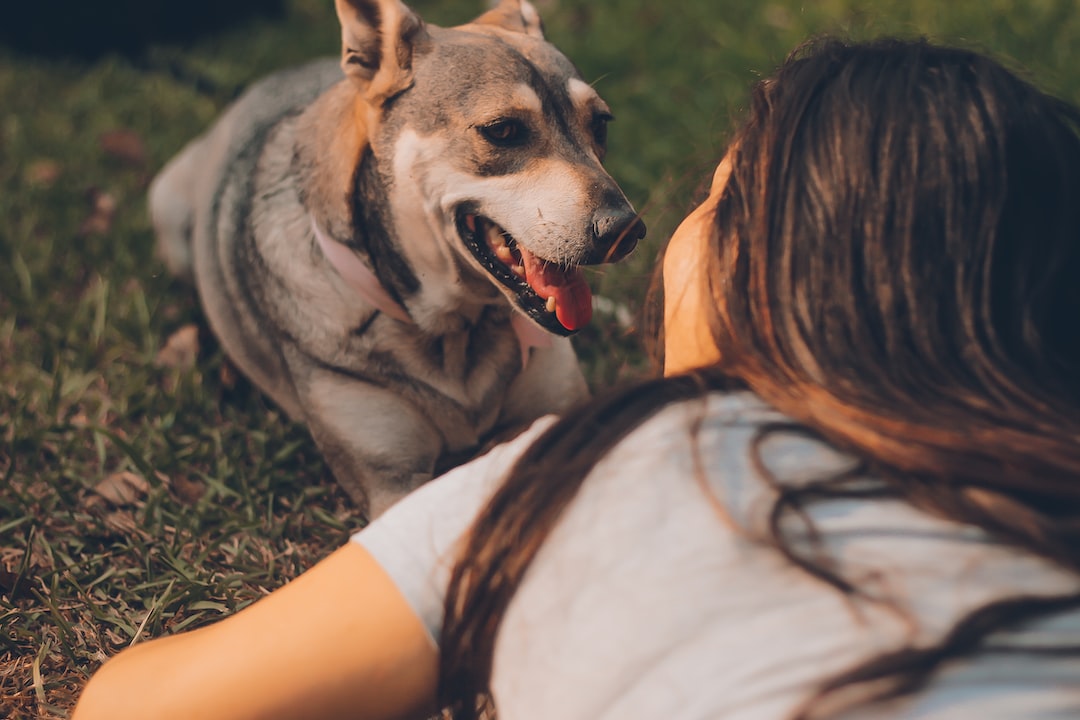Pet Grooming Essentials: From Brushing to Nail Trimming
Keeping your furry friend looking their best is an essential part of being a pet owner. Regular grooming not only helps your pet maintain a clean and healthy coat but also promotes bonding and prevents certain health issues. In this blog post, we will discuss the essential grooming techniques, from brushing to nail trimming, that every pet owner should know.
Brushing is the first grooming step that should be incorporated into your pet’s routine. It not only gets rid of dirt and loose hair but also stimulates blood circulation and spreads natural oils throughout their coat. The frequency of brushing depends on your pet’s breed and hair length, but most dogs and cats should be brushed at least once or twice a week.
To start, choose a brush appropriate for your pet’s fur type. For short-haired breeds, a bristle brush works well to remove loose hair and give them a polished look. On the other hand, long-haired breeds benefit from a slicker brush to detangle knots and prevent matting. Combining both brushes for a thorough grooming session is ideal.
When brushing, it is essential to be gentle and patient. Start by spreading the natural oils by brushing in the direction of hair growth. Then, slowly work your way through the entire coat, paying extra attention to areas prone to matting, such as behind the ears and under the belly. If you encounter any knots, use a detangling spray or gently remove them with your fingers to avoid causing discomfort to your pet.
Bathing your pet is another essential aspect of grooming, but it should be done with caution. The frequency of bathing depends on the breed, coat type, and lifestyle of your pet. Dogs that spend a lot of time outdoors or have skin conditions may require more frequent baths, while indoor cats may not need them as often.
When bathing your pet, make sure to use a gentle pet shampoo specifically formulated for their species. Human shampoo can be too harsh and strip away the natural oils, leading to dry and itchy skin. Additionally, it is crucial to choose a suitable location and secure footing to prevent any slips or accidents.
While most pets enjoy the pampering sensation of brushing and bathing, nail trimming can be a challenging task. Regular nail trimming is essential to prevent overgrowth, which can cause pain and discomfort for your pet while walking or running. It is recommended to trim your pet’s nails once every 2-4 weeks.
Before starting the trimming process, it is essential to familiarize your pet with the tools and touch their paws regularly to make them comfortable with the procedure. Use a pet nail clipper or grinder, depending on your preference and your pet’s tolerance level. Clip the nails gradually, making small cuts, to avoid reaching the quick, a sensitive area that can cause bleeding and pain.
If you accidentally cut the quick, apply a styptic powder or cornstarch to stop the bleeding. Remember to reward your pet with treats and affection after a successful nail trimming session to associate it with positive experiences.
In addition to brushing, bathing, and nail trimming, there are a few other grooming tasks that should not be overlooked. Regularly cleaning your pet’s ears using a veterinarian-recommended solution helps prevent infections and earwax buildup. Brushing your pet’s teeth with specially formulated pet toothpaste is crucial for maintaining their oral health and preventing dental issues.
Lastly, keeping an eye out for any skin issues, lumps, or allergies during grooming is essential in maintaining your pet’s overall health. If you notice anything unusual or have concerns, it is best to consult with your veterinarian for proper diagnosis and treatment.
In conclusion, pet grooming is an essential part of responsible pet ownership. Regular brushing, bathing, nail trimming, and other grooming tasks not only keep your pet looking their best but also help maintain their overall health and well-being. Remember to be patient, gentle, and reward your furry friend for their cooperation during these grooming sessions. With the right tools and techniques, you can make grooming a positive experience for both you and your beloved pet.

